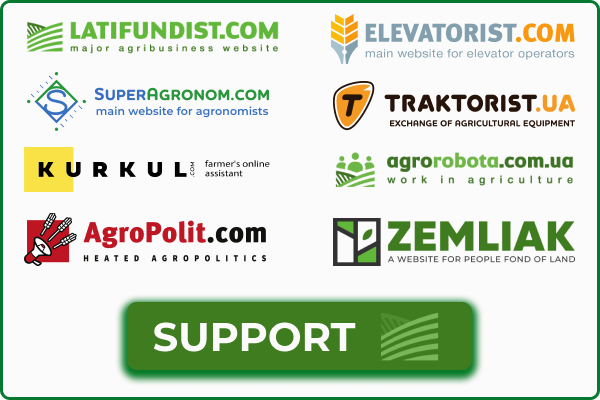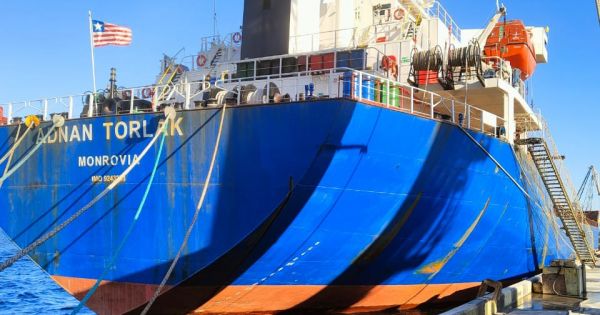EU eases sanctions on russian food, fertilizer exporters
The European Union will ease sanctions against the six largest russian producers of fertilizers and chemicals, EUobserver reports.
Fertiliser magnates Andrey Melnichenko and his wife Aleksandra, fertiliser tycoons Andrey Guryev and Moshe Kantor, chemicals mogul Dmitry Mazepin, and farming billionaire Vadim Moshkovich are all under existing EU asset-freezes and visa-bans for supporting russia's war effort, the message reads.
The publication's sources refer to EuroChem, Uralchem, Rusagro, PhosAgro and Acron, the owners of which were sanctioned, including freezing their assets in the EU and a visa ban, for supporting the russian military invasion of Ukraine.
"Under the agreement concluded on December 15, some European Union countries now have the right, after consultation with the EU Commission, to unfreeze funds if necessary to finance the supply of food and fertilizers, particularly to Africa," EUobserver writes.
The compromise followed 11th-hour ambassadors' talks in the margins of an EU summit in Brussels. And it unlocked a wider deal on the ninth round of russia sanctions, which are now due to enter into life at noon on Friday, shortly before EU leaders hold their post-summit press conferences.
Lithuania and Poland had threatened to delay everything if they were to be bullied into a EU27-wide unfreeze of the fertiliser kings' fortunes.
France, Germany, and the Netherlands, backed by Belgium, Italy, Portugal, and Spain, had pushed hard for a fertiliser thaw in the name of global food security.
The fertiliser unfreeze represents the first significant loosening of the EU sanctions regime since russia invaded in February. It comes amid russian air strikes on Ukrainian people's heating and water supplies in winter weather, opening Europe to criticism on moral grounds.
Since the start of the russia-Ukraine war, 300 thou. t of russian fertilizers have been accumulated in the EU seaports as a result of sanctions against russian ships and cargoes.
In late November, the first shipment of 20 thou. t of russian fertilizers were exported from the port of Ternesen in the Netherlands to Malawi via Mozambique on a UK-flagged ship MV Greenwich chartered by the World Food Programme (WFP). This was the first of a series of fertilizer shipments bound for the African continent. The initiative is part of the agreements signed in Istanbul on 22 July.
The terrorist state russia claims that sanctions imposed after the war broke make it challenging for russian grain and fertilizer traders to process payments and access ships, insurance and ports. At the same time, the US and EU have repeatedly stressed that food is not subject to sanctions.



